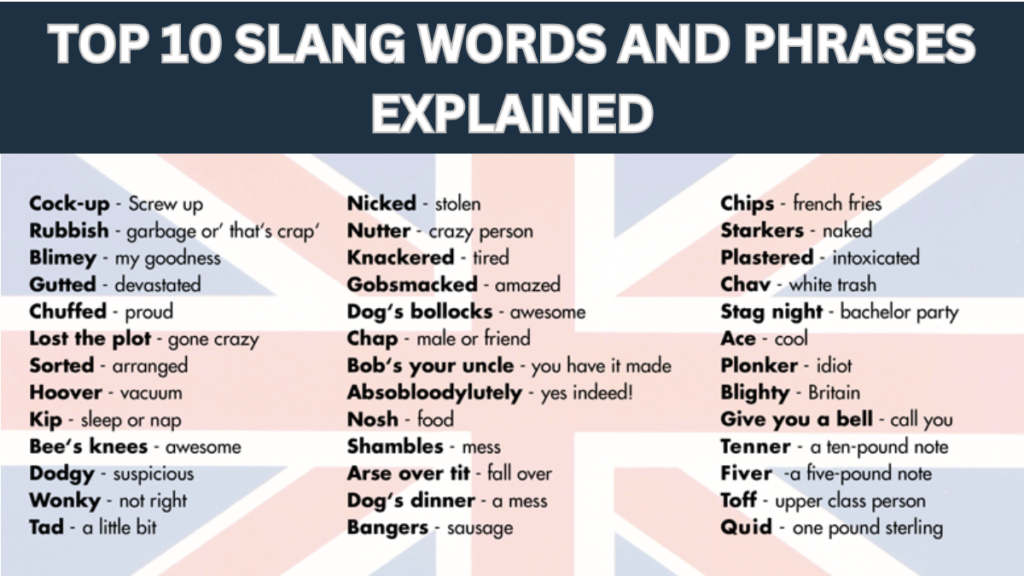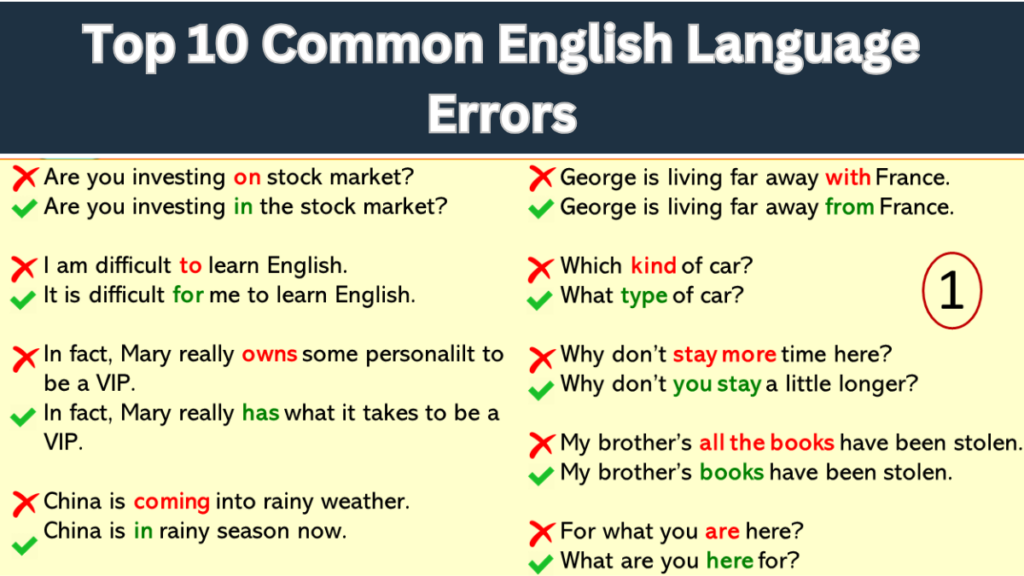Top 10 Books That Screwed Up the World

“Discover the top 10 books that influenced the world in controversial ways. From political manifestos and pseudoscience to dangerous parenting advice, this list highlights books that sparked cultural shifts, fueled ideologies, and left a divisive legacy
1. The Manifesto of the Communist Party by Karl Marx and Friedrich Engels (1848)
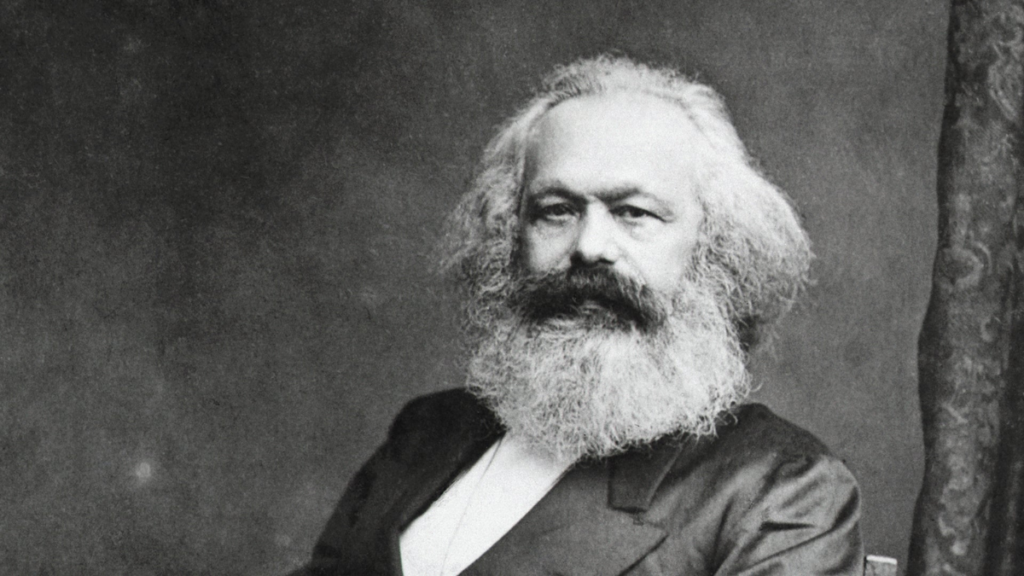
- Why It’s Notorious: Inspiring brutal regimes.
- Overview: This manifesto laid the foundation for communist ideology and inspired movements worldwide. Advocating for the abolition of private property and class systems, its principles fueled oppressive regimes and authoritarian states throughout history.
2. Darwin’s Black Box by Michael Behe (1996)

- Why It’s Notorious: Fueling fundamentalist science attacks.
- Overview: In this critique of Darwin’s theories, Behe challenges evolution, sparking controversies that still fuel anti-scientific arguments. Despite lack of support from the scientific community, it’s frequently cited by those rejecting evolutionary theory.
3. The Protocols of the Elders of Zion (Unknown Author)
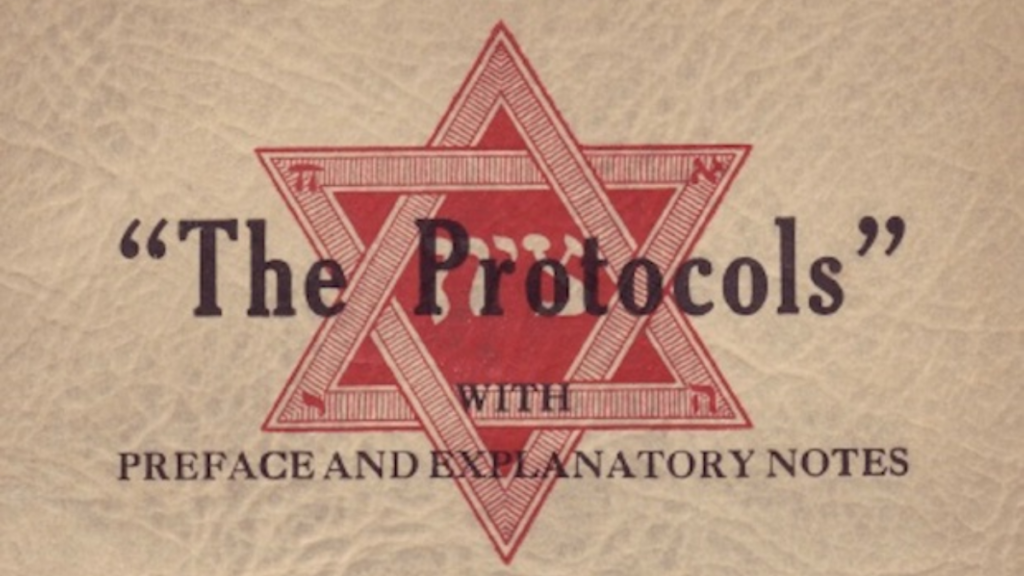
- Why It’s Notorious: Inciting racial hatred.
- Overview: This fabricated document, claiming a Jewish conspiracy to take over the world, led to widespread anti-Semitism. Though debunked, it remains influential in some circles and was used to justify hate and violence, especially during the Nazi era.
4. Baby and Childcare by Benjamin Spock (1946)

- Why It’s Notorious: Resulting in unsafe parenting advice.
- Overview: Spock’s guidance on placing babies to sleep on their stomachs, later found to increase the risk of suffocation, likely contributed to thousands of deaths. His approach, popular for decades, reshaped child-rearing practices with serious unintended consequences.
5. Democracy and Education by John Dewey (1916)
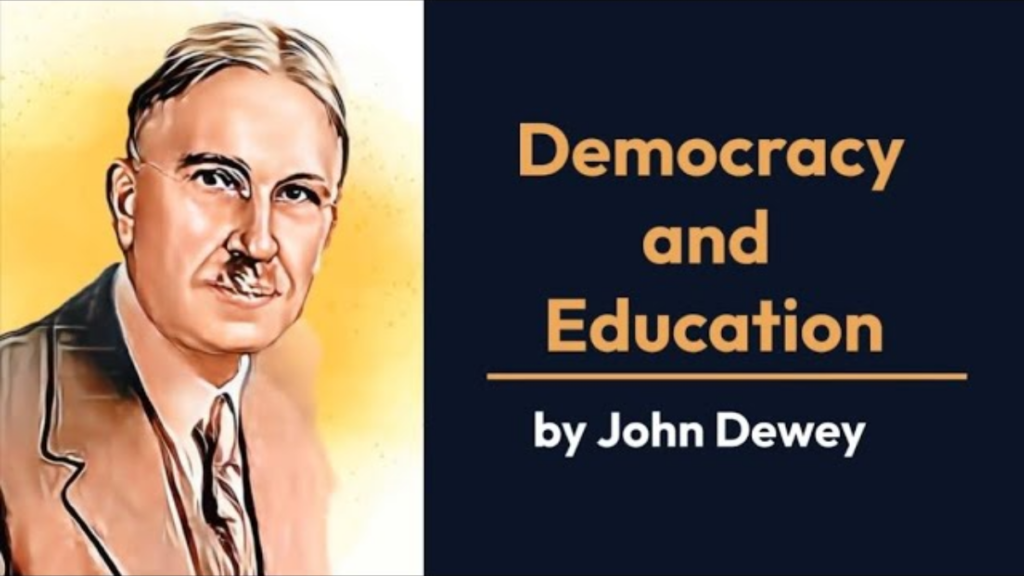
- Why It’s Notorious: Encouraging a shift from factual education.
- Overview: Dewey’s ideas led to a focus on critical thinking over factual knowledge in American schools, steering away from traditional academic rigor. This shift has faced criticism for reducing students’ foundational knowledge.
6. The Pivot of Civilization by Margaret Sanger (1922)
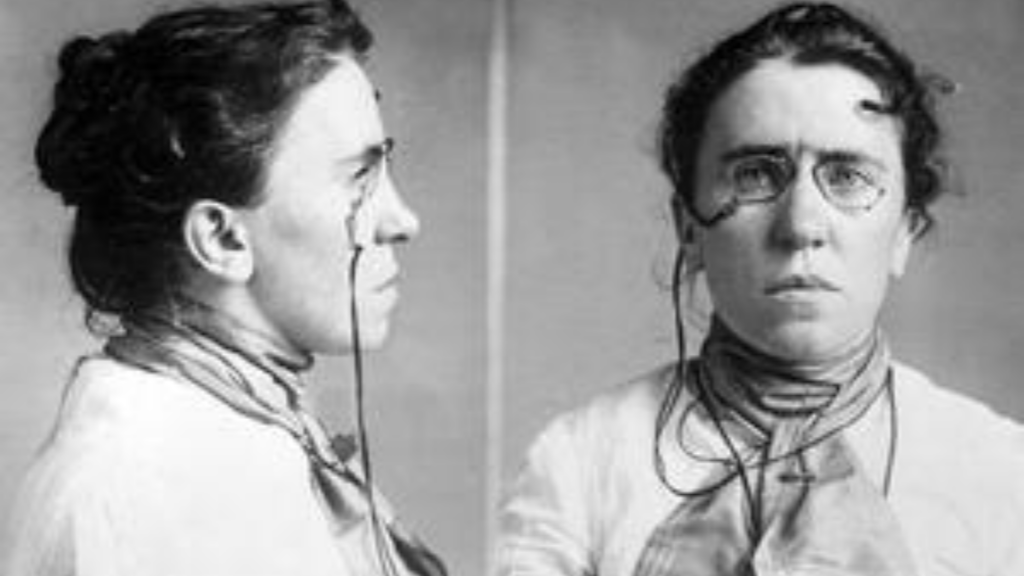
- Why It’s Notorious: Endorsing eugenics.
- Overview: Sanger, the founder of Planned Parenthood, advocated for selective breeding to improve humanity, targeting groups she deemed “inferior.” Her ideas on eugenics were controversial even in her time and have since been widely discredited.
7. Mein Kampf by Adolf Hitler (1925)
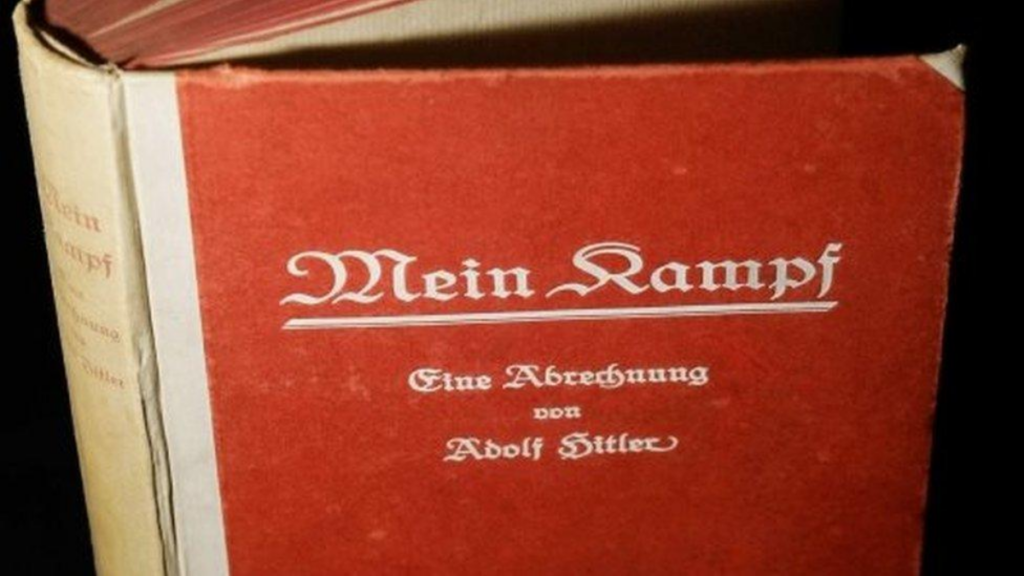
- Why It’s Notorious: Spreading genocidal ideology.
- Overview: In this manifesto, Hitler outlined his plans for an Aryan Germany, which included anti-Semitic propaganda and racial hierarchy. His ideas fueled Nazi ideology and, ultimately, the horrors of the Holocaust.
8. The Prince by Niccolò Machiavelli (1532)
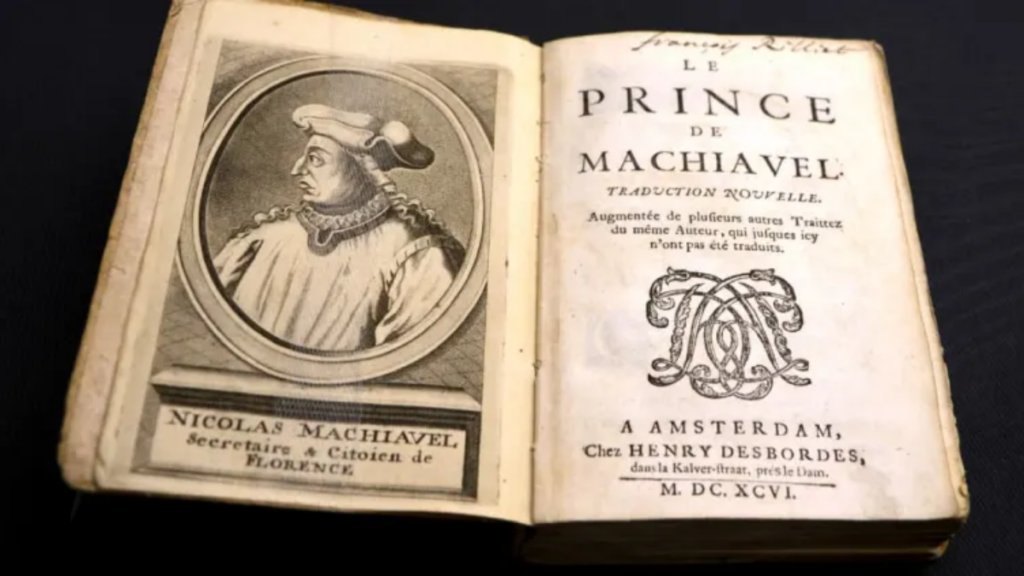
- Why It’s Notorious: Encouraging ruthless leadership.
- Overview: Machiavelli’s guide to political power advocates cunning and manipulation, inspiring leaders like Stalin and Hitler. It presents a stark, amoral view of leadership that has influenced power politics for centuries.
9. Coming of Age in Samoa by Margaret Mead (1928)
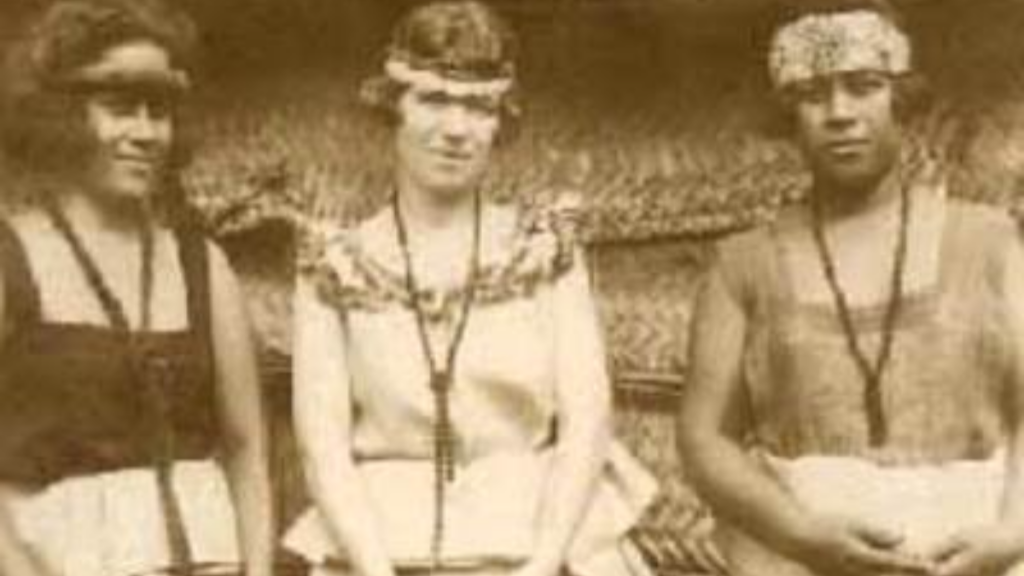
- Why It’s Notorious: Misrepresenting cultural practices.
- Overview: Mead’s study, based on questionable interviews, depicted Samoan society as sexually permissive. Later evidence suggested that the informants may have exaggerated their stories, casting doubt on the book’s reliability and impact on Western sexual norms.
10. Malleus Maleficarum by Heinrich Kramer and Jacob Sprenger (1486)
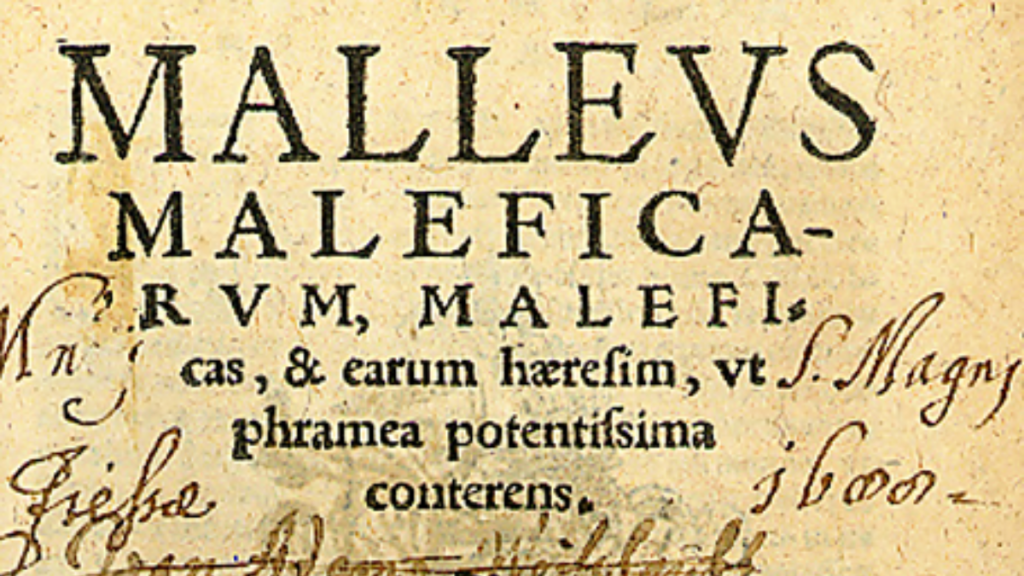
- Why It’s Notorious: Sparking centuries of witch hunts.
- Overview: Known as “The Hammer of Witches,” this manual provided guidance on identifying and prosecuting witches, leading to widespread persecution and deaths. It was highly influential in medieval Europe, feeding the flames of witch hunts across the continent.

